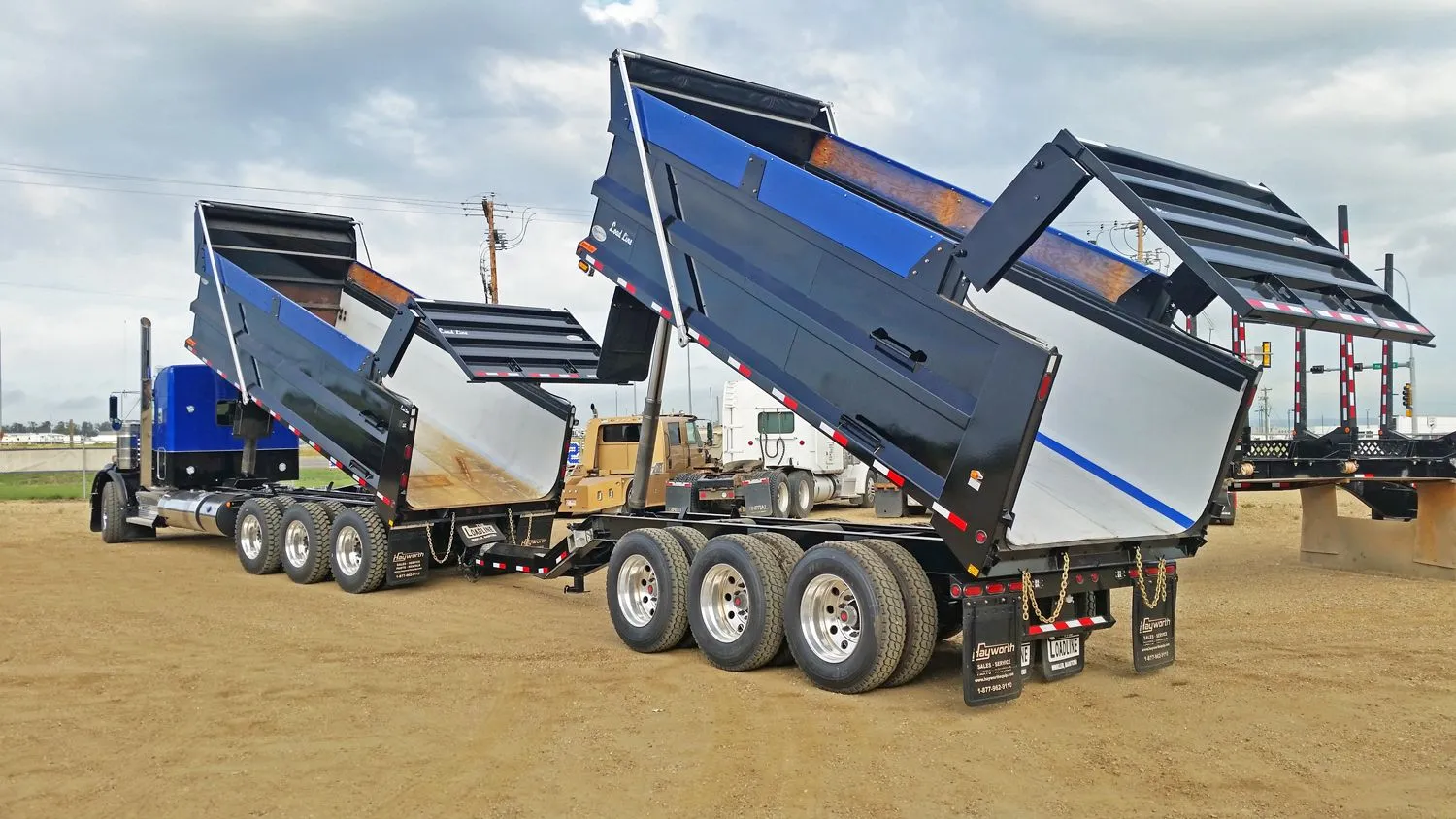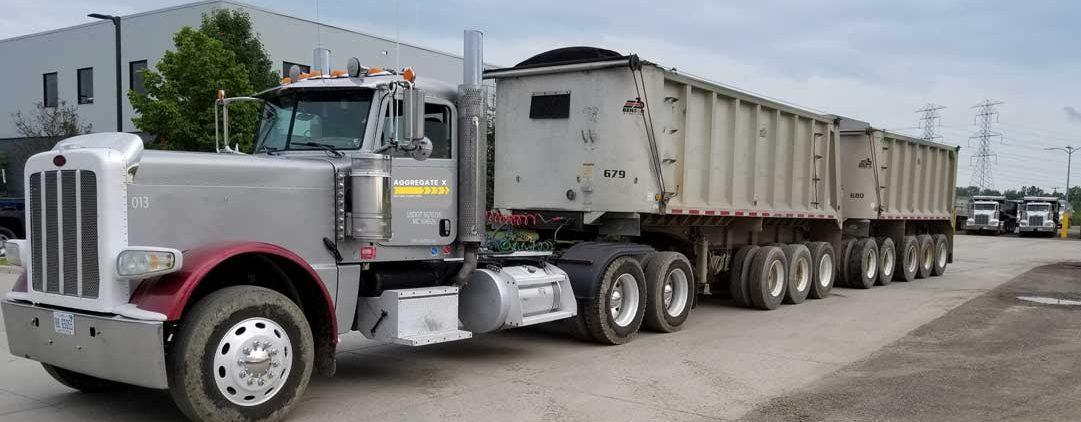
Michigan Gravel Train: Infrastructure & Careers
In Michigan’s rugged landscapes, a silent hero emerges to support the state’s infrastructure needs. Enter the Michigan Gravel Train trucking industry. A vital force that ensures the smooth transportation of gravel and plays a significant role in building and maintaining the state’s roads and highways. In this blog post, we’ll delve into the world of Michigan Gravel Train trucking, explore its role in infrastructure development, and highlight the promising careers within the industry.
Michigan Gravel Train Trucking: Paving the Path to Progress
At the heart of Michigan’s road construction lies the efficient and robust system of Gravel Train trucking. Gravel Trains, specialized trucks, haul large volumes of gravel, sand, and other aggregate materials to construction sites across the state. The Michigan Department of Transportation (MDOT) oversees and regulates the transportation of materials for infrastructure projects, including the use of Gravel Trains, ensuring compliance with relevant legal and safety requirements.
The Anatomy of a Michigan Gravel Train
A typical Michigan Gravel Train consists of a powerful truck equipped with a high-capacity trailer system. These trailers have a specific design for carrying large quantities of aggregate materials, such as crushed stone, sand, and gravel. The Michigan Vehicle Code (MVC) regulates Gravel Trains’ configuration, weight limits, and legal dimensions for commercial vehicles on state roads.
- Length Limitations:
- The maximum length for a combination of vehicles (including the truck and trailer) is 65 feet, as specified in Section 257.719(2) of the MVC.
- This length limitation ensures legal size compliance for truck and trailer operation on Michigan roads.
- Weight Limitations:
- The weight limits for commercial vehicles, including gravel trains, are outlined in Sections 257.722 and 257.723 of the MVC.
- The maximum allowable weight on a single axle is 20,000 pounds. The maximum gross weight (total weight of the vehicle and its load) varies based on axle configurations.
- Generally, the maximum gross weight for a combination of vehicles is 80,000 pounds, subject to specific axle weight limitations.
- Axle Configuration and Spacing:
- The MVC specifies the allowed axle configurations and axle spacing requirements for commercial vehicles. This includes gravel trains, to ensure proper weight distribution and road safety.
- Axle spacing requirements help distribute the weight evenly, minimizing damage to the roadway infrastructure.
- Complying with MVC’s axle configuration and spacing requirements is crucial for safe and legal operation of Michigan’s gravel trains.
Enhancing Efficiency and Reducing Costs
Gravel Trains benefit Michigan’s infrastructure development process. Firstly, the large carrying capacity of these trucks reduces the number of trips required to transport materials. This results in reduced fuel consumption and lower transportation costs. The Michigan Department of Environment, Great Lakes, and Energy (EGLE) also encourages the adoption of fuel-efficient technologies to minimize environmental impact and comply with state regulations.
Supporting Infrastructure Projects Statewide
Michigan Gravel Train trucking plays a pivotal role in supporting a wide range of infrastructure projects across the state. Contractors and trucking companies collaborate with the Michigan Department of Transportation to ensure the safe and efficient transportation of construction materials. Complying with regulations is crucial for smooth Gravel Train operations and successful infrastructure completion.
Environmental Considerations and Sustainability
While the primary focus of Gravel Train trucking is on efficient transportation, the industry is also conscious of environmental impact. The Michigan Environmental Regulations Act (MERA) sets guidelines for protecting the environment during transportation activities, encouraging the adoption of sustainable practices. Many trucking companies have implemented eco-friendly measures, such as using low-emission engines and participating in programs promoting environmental stewardship.
Promising Careers in Michigan Gravel Train Trucking
Beyond its significance in infrastructure development, the Michigan Gravel Train trucking industry offers promising career opportunities. From truck drivers to logistics coordinators and maintenance technicians, a variety of roles exist within this sector. The industry provides stable employment, competitive salaries, and opportunities for career growth. With increasing infrastructure demand, skilled professionals in Michigan Gravel Train trucking are in high demand.

Michigan Gravel Train trucking serves as the backbone of infrastructure development in the state. It ensures that the necessary materials for road construction reach their destinations efficiently. Michigan DOT and regulators ensure Gravel Train operations comply with legal standards, minimizing environmental impact for successful infrastructure projects. Furthermore, the Michigan Gravel Train trucking industry offers promising career paths, providing employment opportunities and professional growth within the sector. As Michigan invests in infrastructure, these specialized trucks pave the way, connecting communities and driving growth.
